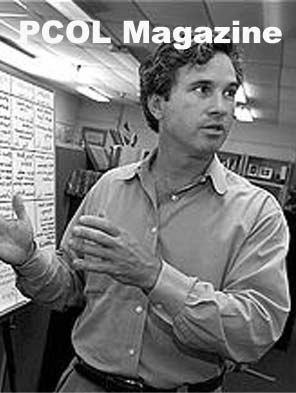
| By Admin1 (admin) on Thursday, May 29, 2003 - 11:05 am: Edit Post |
Thomas E. Tighe awarded Doctor at Laws at Hobart and William Smith College


Our candidate is a Returned Volunteer and he understands and believes in the ideals of the Peace Corps.
Our candidate is a person of conviction and is not afraid to speak out against injustices.
Our candidate is a charismatic leader who knows how to inspire an organization to follow a vision.
Our candidate has worked in positions of leadership within the Peace Corps Agency and is familiar with the strengths and shortcomings of the Peace Corps.
Our candidate is media savvy and comfortable representing the Returned Volunteer Community on the national stage.
Our candidate has worked in Washington on Capital Hill on Peace Corps legislation and will be able to lobby effectively on behalf of Returned Volunteers.
Our candidate has been the leader of an NGO and has demonstrated that he knows how to manage a large organization and budget.
Our candidate has been a fund raiser and has demonstrated that he knows how to bring money and talent into a non-profit organization.Three observations: First, our candidate has not asked for this job. But that's why the NPCA has set up an Executive Search Committee - to first identify the qualities needed to lead the organization, then to identify the person who best meets those qualifications and then to get him or her to accept the job. The way you will get our candidate to accept this job is to present it as a challenge and as an opportunity to create a better organization.



